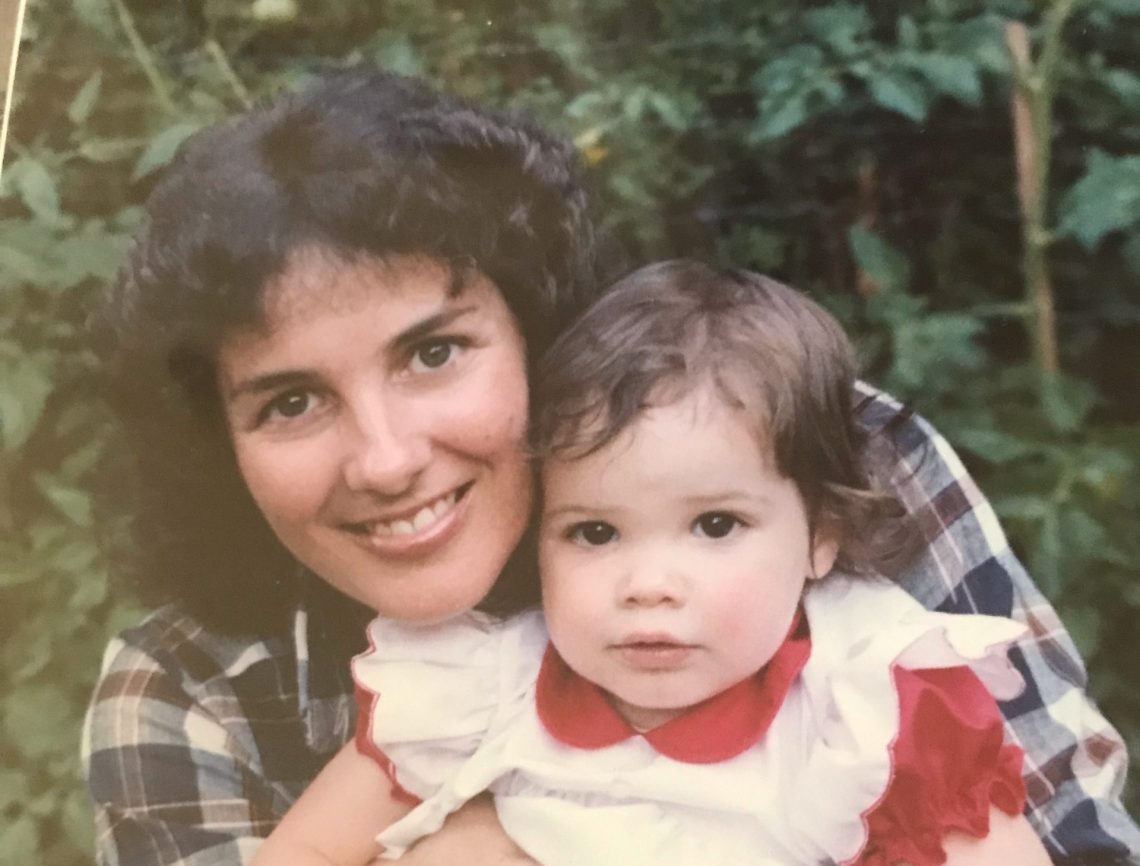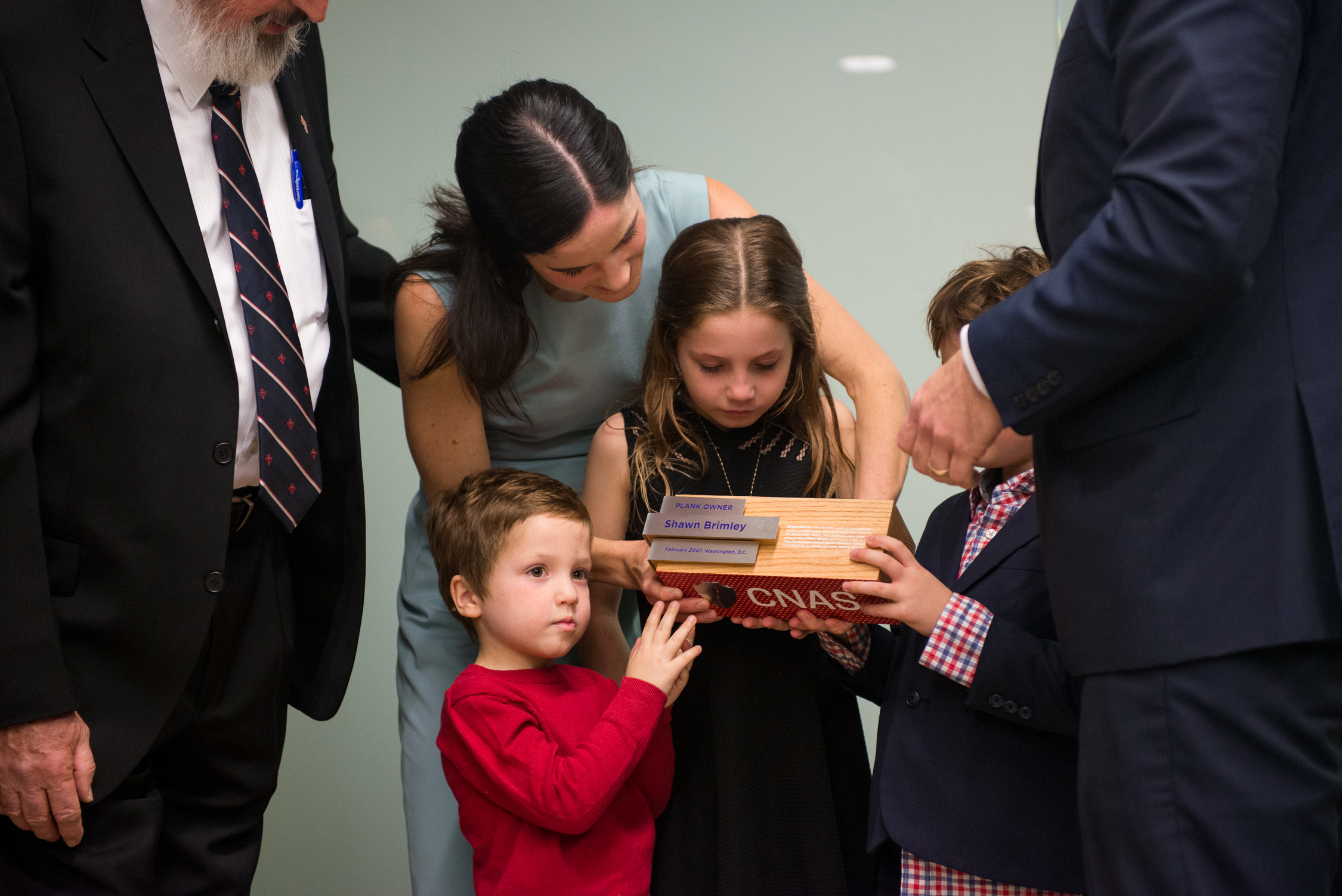
Why? (On the Anniversary of My Mom’s Death)
One night a few years ago, when my dad was living with me after Shawn died, I was up late working on this blog in the kitchen. My dad had been reading in his room, listening to Gordon Lightfoot after we had put the kids to bed, but he came downstairs and met me to say goodnight. I was stuck on something I was writing and somehow we ended up talking for a long time about my mom. Though we often discussed my mom in general terms, we had just started talking about what it was like when she was sick. For a long time, we’d let that part of her life go from our memories, or at least I had. I didn’t really want to think about the years she spent in a terribly depressive state before her death by suicide.
But something changed for me when Shawn died. I was writing a lot about losing him, and it made me think more about losing my mom. Still, I knew little about the specifics around her depression. I knew she’d first been diagnosed with depression when I was just three years old and that she’d been very ill for much of my mid to late teen years. I remembered how difficult it was to live with her when she was deeply depressed. I knew that things were bad at the end. We all did.
But I didn’t really know what happened to my mom. “She had depression, and she died by suicide,” I’d say, when people asked. It’s still what I say. And yet, I didn’t have the answer to the question I really wanted to know:
Why?
Why did she do it? Why would she leave us?
I’ve done enough reading and therapy to know that suicide is rarely a rational decision. I understand, on an intellectual level, that depression wasn’t something my mom wanted to have.
But those questions remained for me immediately after my mom died, and they remained for me in my 20s and 30s. That said, I didn’t really want to know any more than I did, at least not in the first years – and then even in the years that followed. It was too hard for me to think about my pain and her pain and my family’s pain in those final years. My mom’s illness and death was the worst thing I’d ever lived through.
And then Shawn died.
In an instant, the worst thing I’d ever lived through was replaced by a new worst thing. All I thought about every day was “why Shawn?” In those early days, I didn’t think about my mom that much.
But as I started to write more about losing Shawn, I started to think more about my mom. And that night – the one where my dad joined me in the kitchen – I probed my dad. What had it been like in the last years of my mom’s life? What was it like after she died? What did I not know, because I had been a teenager and everyone wanted to protect me? He answered me as best he could. But he also did one other very important thing.
That night, my dad got me a copy of my mom’s diary.
It was a diary of the last few years of her life. In fact, I’d seen it before, and I thought I had read it. But I hadn’t really read it deeply, which became obvious as I delved into it a few weeks later. (My dad had to call my Aunt Terry to get him a copy, which he did that night. It came soon thereafter and I spent an entire weekend trying to understand it.)
There was so much in the diary. So much I didn’t know or understand. In many ways, I was left with even more questions afterwards.
I’ve now read it dozens of times. When I first got the diary, I read it to find out answers, both about what happened to my mom but also about who she was. What could the diary tell me about her, about our family, about my dad, about pain and loss?
And maybe, how might the diary help me make sense of my own life?
I’ve been thumbing through the diary a lot lately because I’m trying to write a book about widowhood. I have found a lot of really interesting and moving parts, and I’ve uncovered a lot about both her life – and my life – when she was really sick. I’ve looked deeply, trying to figure out everything, trying to understand. And yet I do not have a good answer to the biggest question of all:
Why?
I may not ever know. The diary doesn’t give me many clues. It does, however, have one line that’s stuck with me. My mom wrote it at end of my junior year of high school, when I was 17. She didn’t die for two more years, but she was deeply struggling at that time, and she was contemplating suicide. It was then that she wrote this about me and my sister:
How could they ever understand how their mother would love them, but leave them?
She knew we would ask “why?” She knew we would be angry and confused. She knew.
It’s a hard thing for me to grapple with, because if she knew how upset we would be, how could she leave us? And yes, I know it’s impossible to truly understand another person’s mental illness, but all I wanted was the answer to this one little question:
Why?
I don’t know. But as I’ve read her diary, as I’ve poured over each line with painstaking detail, adding my own notes and observations and thoughts, I’ve come to one conclusion. I don’t think she could have really answered that question either. Why?
What I am left with is this: she wanted us to know that she loved us, even though she left us. And I am going to hold that close, even as my biggest question remains.
Today, on the day that we lost her, I remember her love, her touch, her softness. Today I remember how when she used to play with my hair as a child, she did so in such a delicate way, as though I was the most precious thing to her in the world. Today I remember how she taught me to develop my pictures in darkroom at home, quietly working next to me in the blackness that surrounded us. Today I remember how she thought I was interesting and spunky and smart and – along with my dad and sister – the best thing to ever happen to her.
I still wonder “why?” because I will always want the answer, even if I will never get it. But I also remember that she loved me. That is one thing I know for sure.
And that is what I hold onto.
**For readers who may be struggling: Please get immediate help if you feel like harming yourself. The National Suicide Prevention Hotline is 1-800-273-8255.






10 Comments
Lisa
Why? The neverending question when we lose a loved one to suicide. I lost my husband to suicide 12/2019. In the early days I asked that question, a lot. I don’t ask as much these days, but when I do go down that road I remind myself that he was sick. Just because I couldn’t see the illness doesn’t mean it wasn’t there. I knew he was struggling, but didn’t know how to help him.
He didn’t leave a note, I had nothing to try and “read between the lines” with. I went to work one day and came home to my life upside down.
I often wonder if a note would have made me feel better or worse.
Some might think it’s awful to say this, but honestly I’m happy that he’s not suffering anymore. I miss him dearly, but I don’t want to be that person that says you have to stay for me, knowing they are unhappy.
A friend of a friend recently found out they have terminal cancer. They have declined treatment for many reasons. We live in a right to die state, and they will be utilizing that option. My first thought was, Wow. Their loved ones will actually get to say good bye. I wish I had had that opportunity.
M Brimley
Thanks so much for sharing, and I”m so sorry for your loss. I think when it comes to suicide, the question of “why” almost always remains in the air – especially when there’s no reason given.
Angela
Thank you for sharing. Sending you peace today as you remember your mom.
I think there is always a “why” when people die “too soon”. Death from suicide compounds the confusion and leads to even more whys. I’m a suicide widow with kids who were 8 and 11 when my husband died. The way I see it is that suicide is not a choice. It’s the way that people with terminal mental illness die. Just as we do not view people with terminal physical illness as “choosing” to die, neither should we view those with terminal mental illness as “choosing” it. I know how much my husband loved me and how much he loved our children. He did not choose to leave them, he had to. I know this for sure because I watched him die. No, I did not watch as his heart stopped beating, but I did watch as mental illness took over and took him “away”. And after it took the essence of him, his physical body died too.
M Brimley
This is so beautifully said. I really appreciate the way that you think about mental illness – as a disease. Thank you for sharing.
Karen Bohanan
Thank you for your thoughts about a terrible illness. My uncle struggled with this illness and he too left his family with questions that can never be answered. My cousins celebrate his life and use the experience to reach out to others. Sending positive energy to you and your family.
M Brimley
Thank you for writing this, and thanks for your kind thoughts. It’s so tough to talk about suicide, and yet, it’s so important, too.
Pingback:
Stephanie McNamara
I would love to share your valueable words, how can I do this?
M Brimley
I’m not totally sure what you want to do, but you can always just copy the link and email to a friend, follow me on social media and share from there, or just share the blog and tag me, if that makes sense?
Pingback: